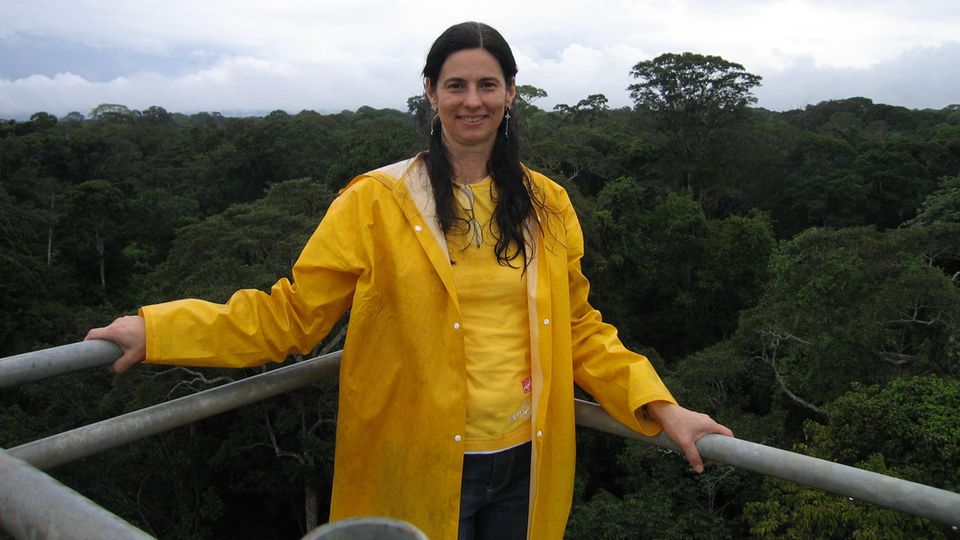global warming
Study: Rainforests could get too hot for photosynthesis – and trees die
The rainforests are essential for the environment, as habitat for animals and as CO2 storage
© Annette Riedl / DPA
A study by an international research team has shown that trees in rainforests can no longer carry out photosynthesis when temperatures rise. Some plants are already affected by the problem.
Forests are increasingly suffering from the consequences of climate change. Most recently, drought has caused huge fires around the world, killing hundreds of people. Scientists have now found a new problem that could pose challenges in the future: a study has shown that trees may no longer be able to carry out photosynthesis as temperatures rise.
Researchers from several countries including the USA, Great Britain, Panama and Australia have studied the metabolism of trees in rainforests on several continents. They used data measured by satellites and also measured the temperatures of leaves in the treetops themselves. The results of the study, published in the science journal Nature, revealed a maximum temperature of 46.7 degrees Celsius at which trees are still able to photosynthesize. The outside temperature does not have to be at this value, but the surface of the leaves.
Rainforests are already partially affected
Currently, 0.01 percent of the leaves would exceed the critical point of 46.7 degrees Celsius at least once per season. The scientists write in their report: ‘Although rare, the occurrence of extreme temperatures can have catastrophic effects on the physiology of a leaf and can be considered a low probability, high impact event.’ However, the value can increase to 1.4 percent in the future. If temperatures rise over a longer period of time and leaves are no longer able to photosynthesize, this could have an impact on the entire forest ecosystem, since dead leaves could possibly also lead to tree death. It is also sufficient if only individual leaves on a tree lose their function. “There are all sorts of consequences when you start losing parts of the forest, even leaves on individual trees,” one of the scientists involved told US news channel CNN.
According to the study, tropical forests will reach the critical point at a global warming of almost 4 degrees Celsius. According to the study, the limit is in the range of the “most pessimistic scenarios for future climate change.” In addition, the deforestation of the rainforest could already lead to faster rising temperatures, which would mean that the warmest rainforest regions are already close to the critical limit or already exceed it.
Other researchers are quite critical of the study. While a scientist from Oregon State University was pleased with “CNN” that temperatures are now also included in the equation in addition to the influence of drought on trees, a researcher from the University of Graz was more critical. She thinks the study shows the low percentage of trees that are already affected by the problem, in combination with the high temperatures required, rather how “resilient to climate change” the rainforests are.


